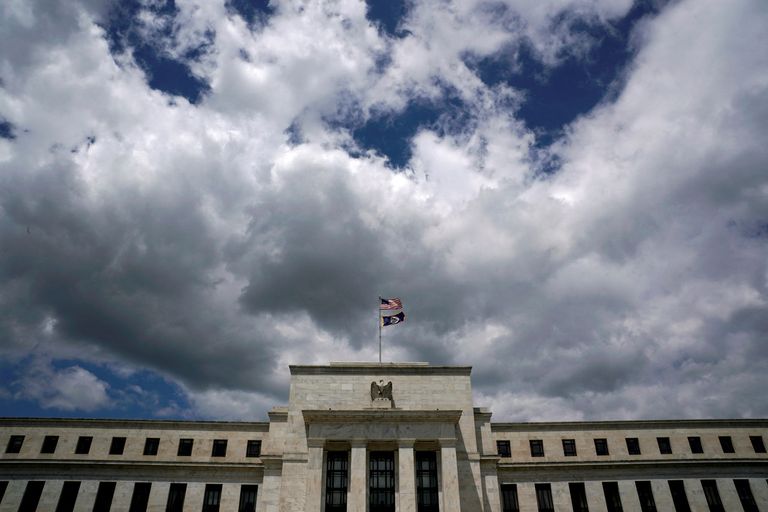The Federal Reserve: Interest Rate Decision and Its Implications for Arab Economies

This decision comes at a time when the Fed is facing unprecedented challenges, as rising inflation and unemployment converge in a phenomenon of "stagflation" that puts monetary policymakers in front of difficult choices. Lowering interest rates may increase inflationary pressures, while keeping them high may slow growth and increase unemployment rates.
But why does this decision matter to us in the Arab world? The answer lies in the multiple implications that extend from government policies to the pockets of ordinary citizens. Lowering U.S. interest rates will directly affect the cost of borrowing for Arab governments, especially those with high debt levels like Egypt, Jordan, and Tunisia, as it will help alleviate the burdens of debt servicing and finance development projects.
In the banking sector, Arab banks may experience pressure on short-term profit margins, but the expected recovery in lending volume and improvement in asset quality will positively impact the sector in the long term. Additionally, the decrease in borrowing costs will invigorate the real estate sector by increasing demand for housing loans and financing development projects.
In terms of financial markets, global liquidity is expected to shift from fixed-income instruments to equities in search of higher returns, which may attract foreign investments to Arab stock exchanges and enhance their performance. This shift will positively reflect on listed companies and their dividend distributions.
As for the Arab citizen, they may feel the impact of this decision through lower costs of personal and housing loans, and an increase in purchasing power due to improved liquidity, which will invigorate consumption and services sectors. Moreover, the improvement in macroeconomic conditions may contribute to creating a more financially stable environment.
While the world awaits the Fed's decision, the importance of following these developments emerges to understand the upcoming economic transformations. In an interconnected world, the effects of major monetary decisions do not remain confined to national borders, but extend to shape opportunities and challenges for Arab economies and their peoples.